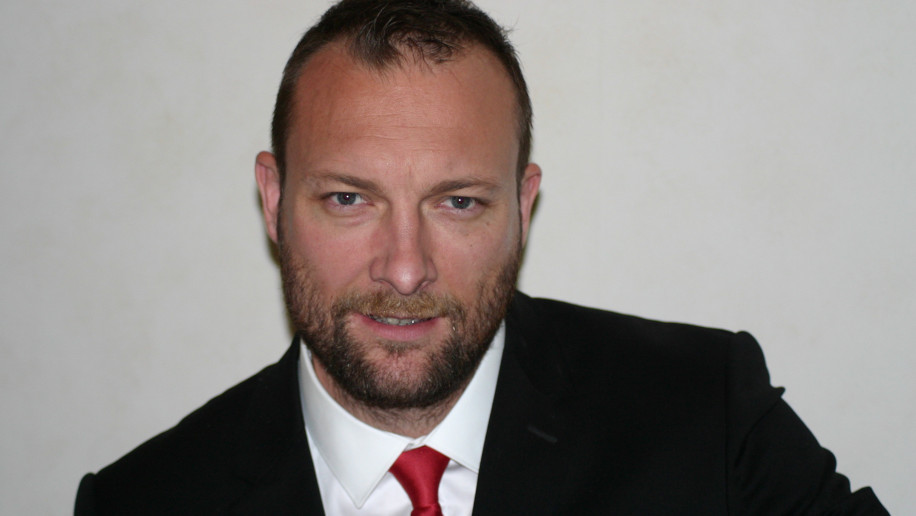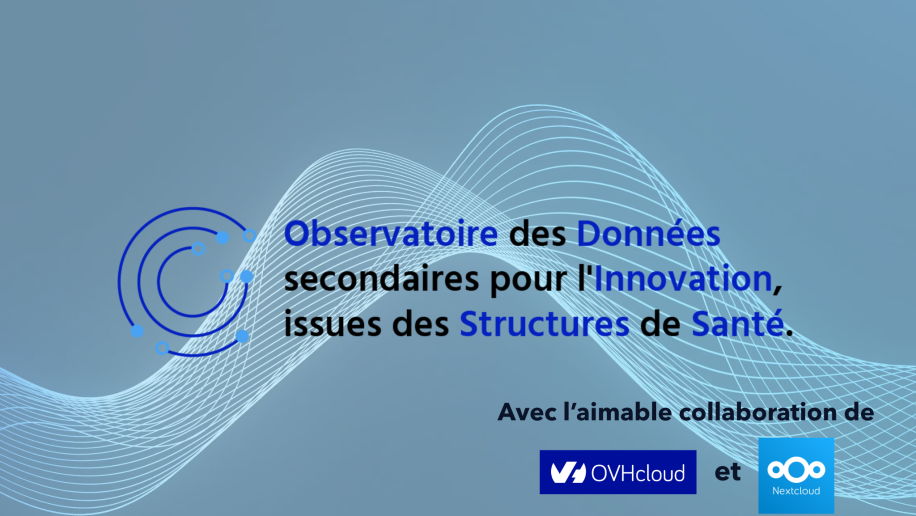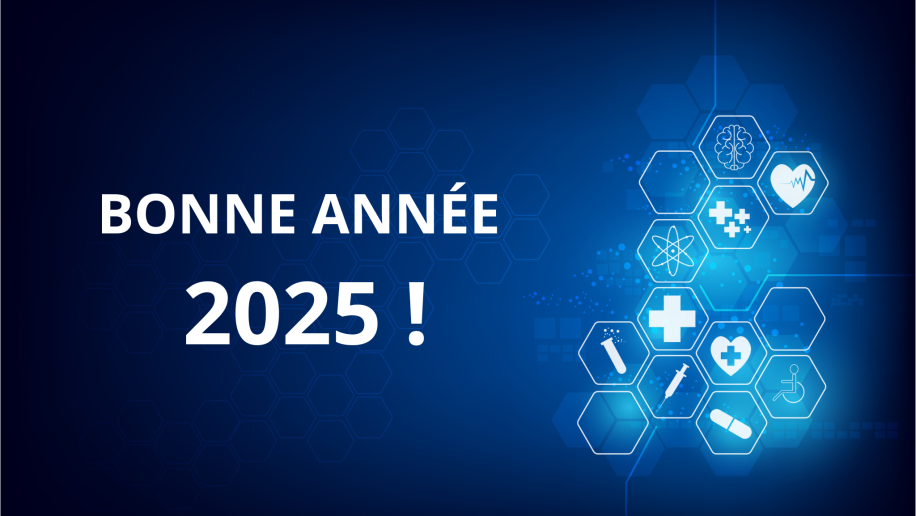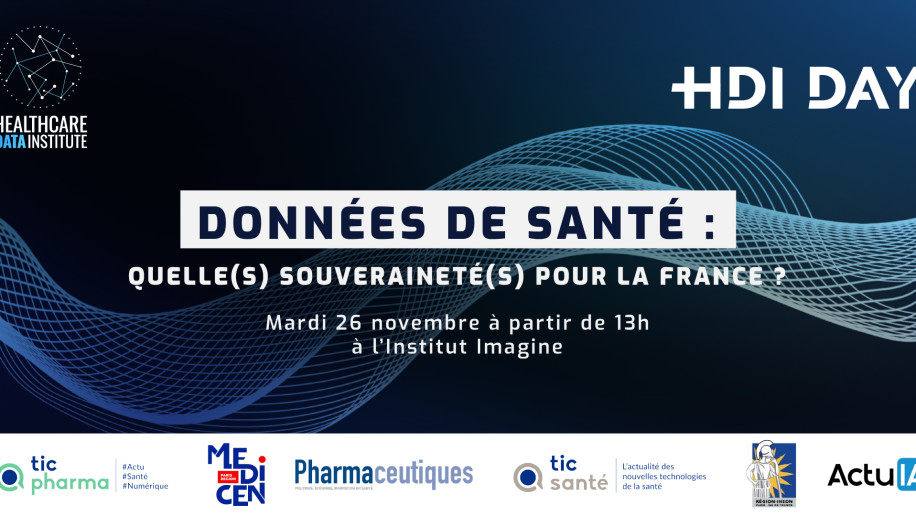With the advent of the big data era and the unstoppable propagation of the European General Data Protection Rule (GDPR) in the backstage, accessing, sharing and processing sensitive (medical) data is about to require (healthcare) information systems to make a giant leap toward the noble cause of empowering the « data subject », i.e., you, me, us…
Member of the Healthcare Data Institute since a year, gnúbila spun off back in 2007 at the European Organisation for Nuclear Research (CERN) with the vision and intention to provide avant-garde solutions in (big) data protection, more specifically focussing on anonymization and transnational sharing challenges. Nowadays, after a dozen proof-of-concept prototypes, more than 20 international collaborations and several terabytes of processed data, gnúbila is taking its solutions to the next level and ambitions to address GDPR with a blockchain-enabled product. Simply stated, the blockchain is the technology behind Bitcoin. It is a cryptographic protocol which makes it possible to run a distributed, public and trustable ledger where digital transactions are signed with issuer and recipient’s identities, verified by a community of peers and stored as incremental “blocks”.
Beyond technicalities, the true disruption lies in the fact that the blockchain brings digital trust over a potentially untrustable network.
Indeed, think of such a ledger deployed at the European scale, enabling (anonymous) consents and data transactions, browsable anytime, anywhere and by anyone, yet containing no sensitive information. Imagine a place where individuals, research groups, pharmaceuticals, healthcare professionals can easily search for and mobilise large volumes of data on demand while ensuring patients’ clear consents and privacy at all time, regardless of their geographical locations, data complexity and data protection laws. This is gnúbila’s objective: to create such a solid technological backbone, supporting information systems’ resilience, and acting as an operational GDPR compliant infrastructure where data transactions are informed and controlled by informational self-determination and privacy-by-design principles. Such a foundational base will open new avenues to innovative (smart) contracts incentivising data mobilisation under strict regulatory control, while facilitating dynamic consents collection and data preparation.
Seeing as the Internet and the Web impacted on all of us, enshrining these fundamental principles systemically may in the longer-term lead to changing society’s information system at large and gear us toward a fairer digital economy where value does no longer mean money.
Find out more on these topics by following gnúbila on social networks.
—
David Manset is CEO of gnúbila
David is a member of the Healthcare Data Institute.
—
Further Readings
• Nakamoto, Satoshi. (2008) « Bitcoin: A peer-to-peer electronic cash system. »
• Watanabe, Hiroki, et al. (2015) « Blockchain contract: A complete consensus using blockchain. » IEEE 4th Global Conference on Consumer Electronics (GCCE). IEEE, 2015.
• Lietaer, B. A. (2001) « The Future of Money: Creating New Wealth, Work and a Wiser World » (Century, 2001).
• Bauwens & Stiegler (2015) « Sauver Le Monde: Vers Une économie Post-capitaliste Avec Le Peer-to-peer« . Bauwens, Michel, and Bernard Stiegler. Paris: Ed. Les Liens Qui Libèrent., 2015. Print.




